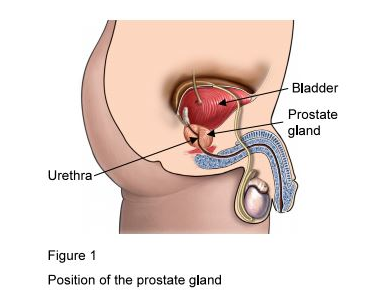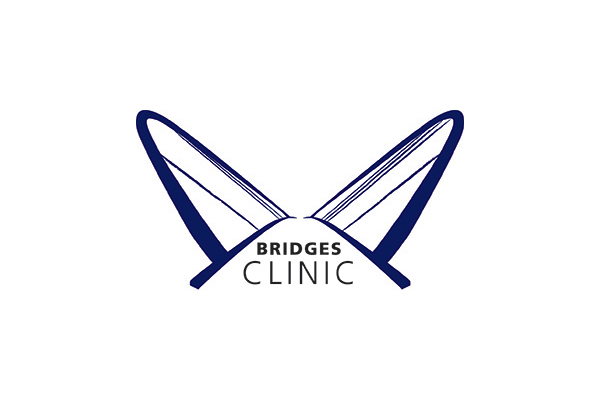What causes prostate trouble?
Your prostate gland is an organ that lies under your bladder and surrounds your urethra (tube that carries urine and semen to the tip of your penis).
Prostate trouble is common and is caused by the growth of your prostate gland. As the gland grows, it can narrow your urethra. It is normal for your prostate gland to get larger with age.

What are the symptoms?
If the gland tightens around your urethra it can interrupt the flow of urine from your bladder. This results in the following symptoms:
- The need to pass urine more often
- Slow flow of urine, often with dribbling
- Having to wait longer than usual before starting to pass urine
- The feeling of not having fully emptied your bladder
- Sudden urges to pass urine
What are the advantages of TURP?
You should get a better flow of urine and improved bladder emptying, and not need to pass urine as often during the night.
What are the alternatives?
If you are not experiencing excessive inconvenience from the symptoms, an operation is not essential for most men. There are medications available to treat the condition but this is rarely a permanent solution. If your symptoms worsen, this may lead urinary infections or bladder stones. In severe cases urine will build up in your kidneys, increasing the risk of kidney failure.
What does the operation involve?
The operation is usually performed under a general or spinal anaesthetic. The operation usually takes less than an hour. Your surgeon will insert a resectoscope (a small operating telescope) into your urethra. This will enable them to remove enough prostate tissue to relieve the pressure on your urethra. In some hospitals the prostate tissue is removed by laser energy that is passed through the resectoscope. Your surgeon will place a catheter (tube) in your bladder. This will allow you to pass urine easily and for your bladder to be washed out with fluid to prevent blood clots.
How soon will I recover?
You will feel a stinging pain the first few times you pass urine. Drink plenty of water to help you to pass urine more easily and reduce the risk of blood clots. You should be able to go home after three to four days. However, your doctor may recommend you stay longer. Any pain usually settles within two weeks. It is normal to pass blood and small clots when you pass urine for up to four weeks after the procedure. It is normal to be tired for at least two weeks. Do not do strenuous exercise during this time. You should be able to return to work after four to six weeks, depending on your type of work.
